The way we communicate has a lot to do with our attachment style which was formed early in our development. Our attachment style plays a critical role in how we approach, interact, respond and react to our partner as we attempt to resolve the conflict.
Understanding your own attachment style will provide a window into your vulnerabilities and strengths within your relationships. It will also allow you to make changes if necessary.
Our model of attachment influences how we get our needs met in life and in our relationships. Ironically, unless you know your attachment style, people often find partners that confirm our models – meaning if we grew up with an insecure attachment pattern, we will often seek out in an attempt to duplicate similar patterns as adults. We do this even though these relationships are unhealthy and often hurt us.
Michael and Susan**
Michael and Susan have been together for 7 years. When they first met, Susan had a dismissive and avoidant style. She recognized that she could at times easily detach from others and had a tendency to avoid intimacy. She wanted to change this but knew it would take some significant work and introspection on her part. Although her parents were (and still are) loving, they were never emotionally available. Their divorce also had an impact on her life; as a result, she had a tendency to ‘check out’ in her relationships and appear somewhat complacent. However, that is not how she felt – that was just how she coped.
Susan carried this same style through much of her adult life. It wasn’t until she met Michael that she realized her relationship pattern and made changes so that she could create a healthier relationship with him. Michael, on the other hand, was a secure person and provided the environment and the ‘space’ to help her grow. He challenged her when something came up and was able to communicate with her in such a way that made her feel safe – safe enough to acknowledge her vulnerabilities while simultaneously learning how to open up and feel more secure in their relationship.
What’s your style?
1.) Anxious.
A person with an anxious attachment will feel insecure about their partner’s feelings and feel unsafe in the relationship. They become clingy and demanding. Because anxious people bond quickly, they don’t take the time to assess if their partner can meet their needs or if they are a good fit. Their anxiety hijacks the rational part of their brain. They jump right in! They tend to see the ‘we’ and what they share in common, idealize their partner, and overlook potential issues. If their partner acts independent, they will interpret this as they are leaving and affirm their fears.
For example, if their partner is interacting with other people, they might interpret this as ‘they don’t love me’ because they have an anxious attachment style and have anxiety about where the relationship is and where it’s going. Because relationships have some uncertainty about them, especially in the beginning, this often gets interpreted as unstable, which encourages more anxiety in the anxious person.
2.) Anxious/preoccupied.
A person with this type of attachment will feel that, in order to get their needs met, they will have to be with that person all the time for the sake of reassurance. To support this theory, they actually choose a person who is isolated and hard to be with, which only reinforces their belief.
This becomes a no win situation and reinforces their anxious and preoccupied attachment style. They often feel ‘desperate in relationships and have an ‘emotional hunger’ (Firestone). They look to their partner to rescue or complete them (Firestone). Their sense of safety is through clinging to their partner.
3.) Dismissive/Avoidant.
A person with this type of attachment style is dismissive and distant. They appear emotionally detached. They feel the way to get your needs met is to act as though you don’t have any needs. This never works! A person with this style will choose a partner who is more demanding or possessive. People with this style tend to lead inward lives; they deny the importance of connection, of others, can easily detach and shut down emotionally (Firestone).
4.) Fearful-Avoidant.
A person with this attachment style lives in a place of ambivalence – unsure and afraid of being too close or too distant from others. They try and keep their feelings at bay, but this ultimately becomes too arduous. Because they are unable to avoid their anxiety or run from their feelings, they are emotionally overwhelmed and experience emotional storms.
A person with a fearful, avoidant attachment lives in an ambivalent state in which they are afraid of being too close to or too distant from others. They attempt to keep their feelings at bay but are unable to. They can’t just avoid their anxiety or run away from their feelings. Instead, they are overwhelmed by their reactions and often experience emotional storms. Their relationships are rocky or dramatic. They have fears of abandonment, but also with being intimate (Firestone).
5.) Secure.
When a person has a secure attachment style, they are confident and are able to navigate and interact with others. They are can meet their own needs as well as others. Parents understand what a baby needs and are able to provide it. They are highly attuned to their needs. They are more satisfied in their relationships and feel secure and connected. They can move more freely in relationships. Secure people are able to reassure their partners and provide support in times of distress and can equally go to their partner when they feel distressed.
7 Ways to go from Anxious to a secure attachment styles.
1.) Learn how to express and honor your emotional needs. Ask what are your emotional needs and answer the question.
2.) Identify triggers that reinforce your attachment style. What are your triggers? Where do they stem from? What could you do differently to overcome and work through your triggers?
3.) Look for relationship patterns. Based on your style, what type of people do you seek out? Is there a pattern? What could be a different direction to take with relationships? Do you take time off from relationships to examine what went wrong and your contribution?
4.) Practice acceptance of self and your style. Accepting how we feel, without judgment, gets us to a better place, faster.
5.) Learn to react less and resolve more conflict. Be proactive rather than reactive. Look at the element of compromise. How do you react? What place do you come from when you react the way you do? What are the feelings that arise from your reactions?
6.) Learn to be assertive and use your voice. What are your needs, your values? What makes you feel unsafe? How can you communicate with your partner in a safe way to get your needs met but also honor theirs too.
7.) Seek out therapy to learn how to become more secure and find those people who are capable of a secure attachment. Even if you are more anxious or avoidant, but finding a partner that is more secure, you will also learn how to become more secure. A good therapist can also help you make changes on your own, make internal changes, that will ultimately change how you respond in a new relationship.
Know your attachment style and embrace change!
Written by
Kristin M. Davin, Psy.D.
Solution Focused Psychologist & Coach
Originally appeared on KristinDavin.com
You may also like
Your Attachment Style Influences The Success Of Your Relationship
3 Secrets To Achieving Love Without Attachment
Ways To Cut The Toxic Emotional Cords of Attachment Which Are Draining You
Attachment Theory Explains Why Your Relationships Fail
The Reason Why Non-Attachment Is An Important Key For A Happy Life And Relationship
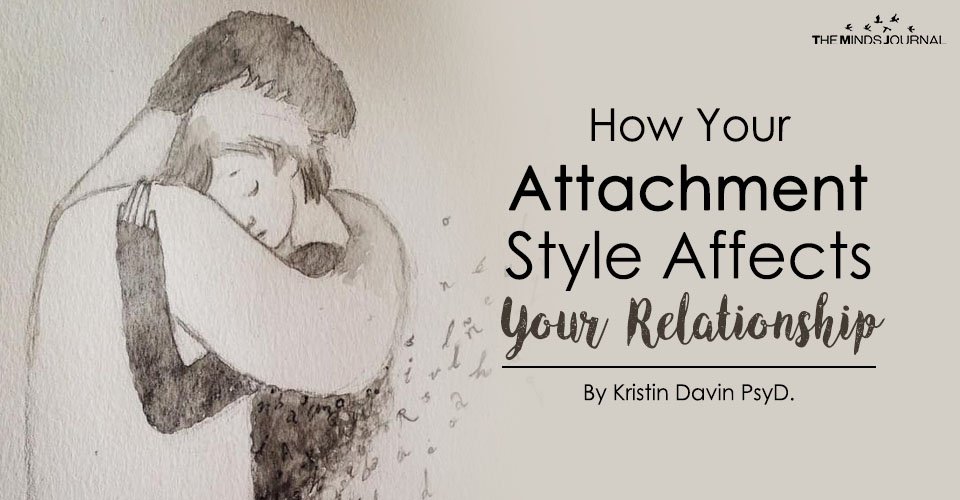
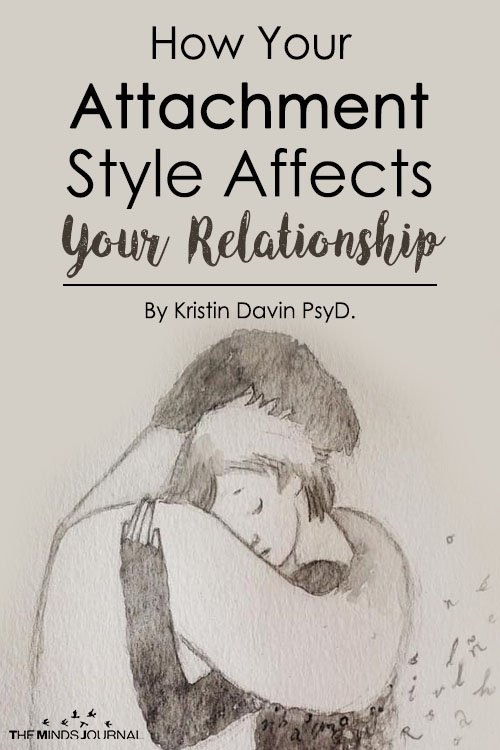
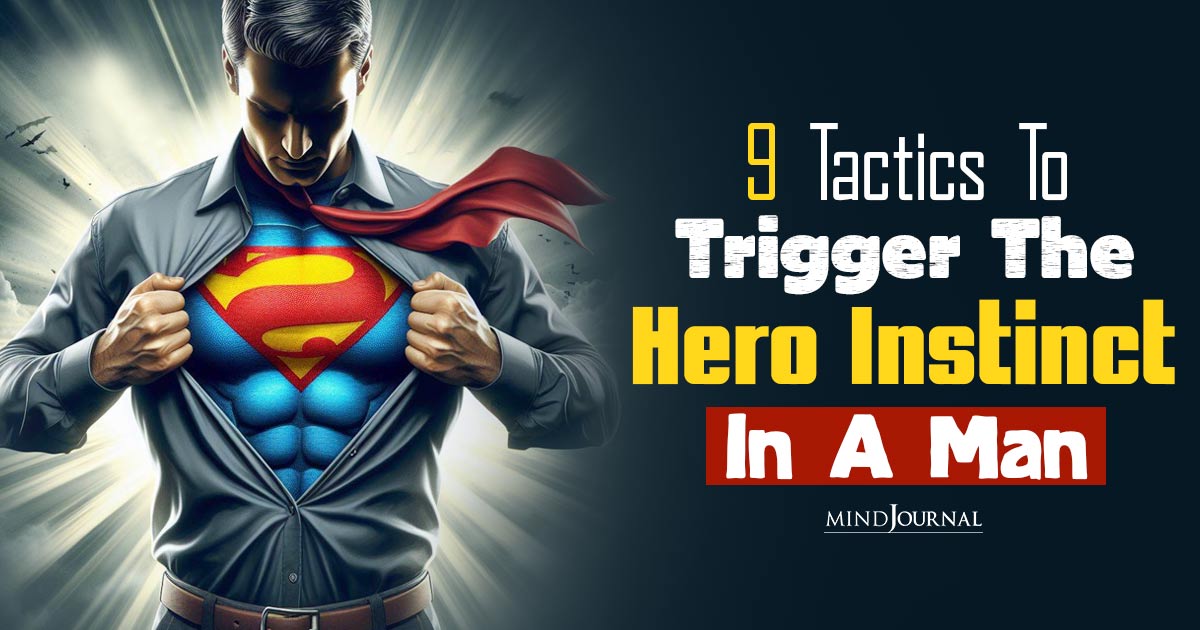
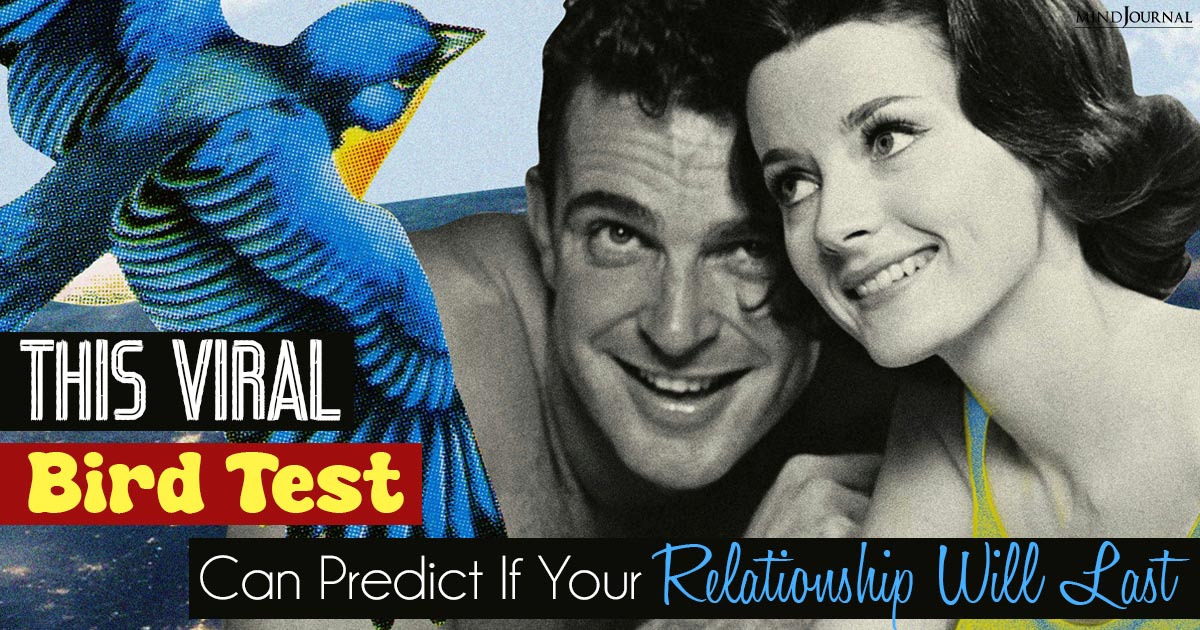

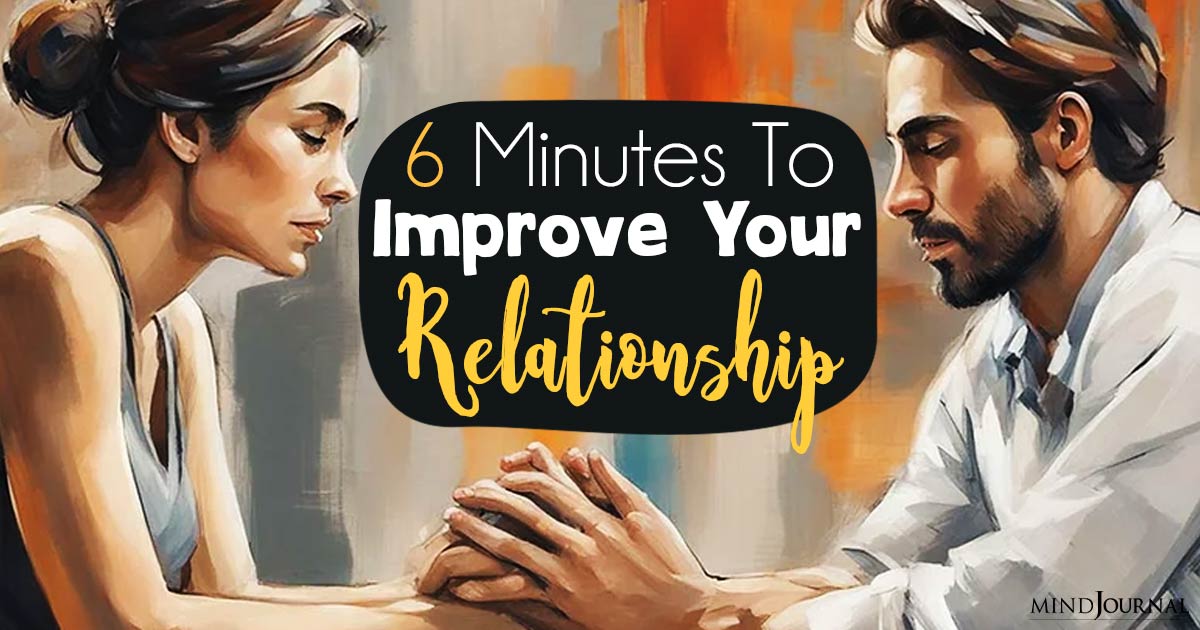
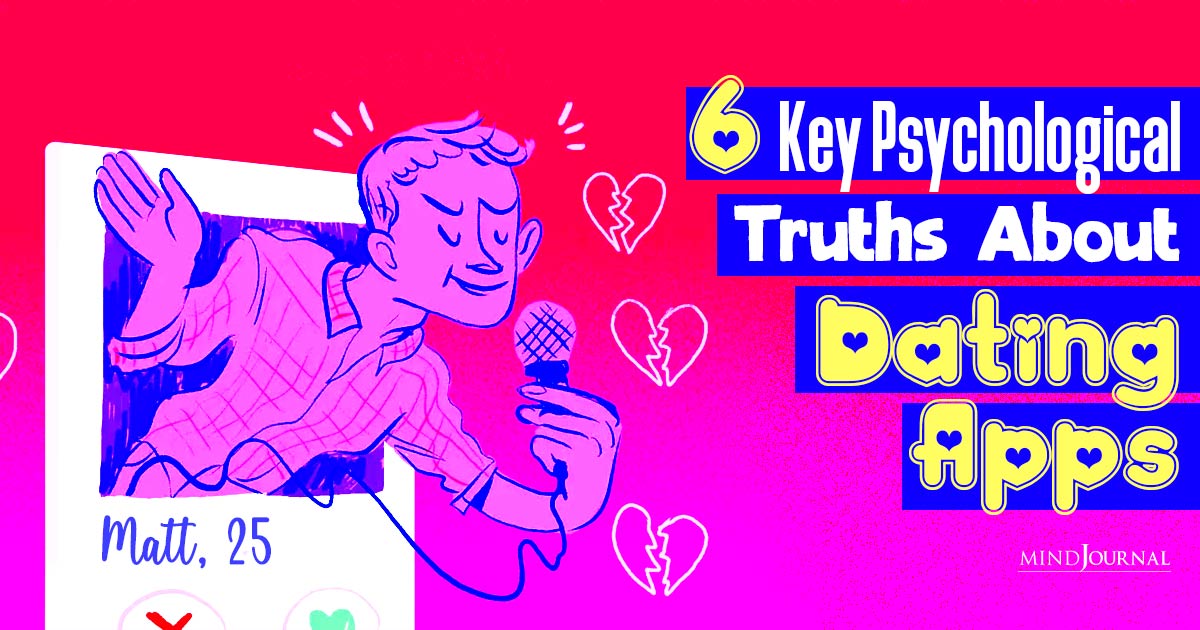
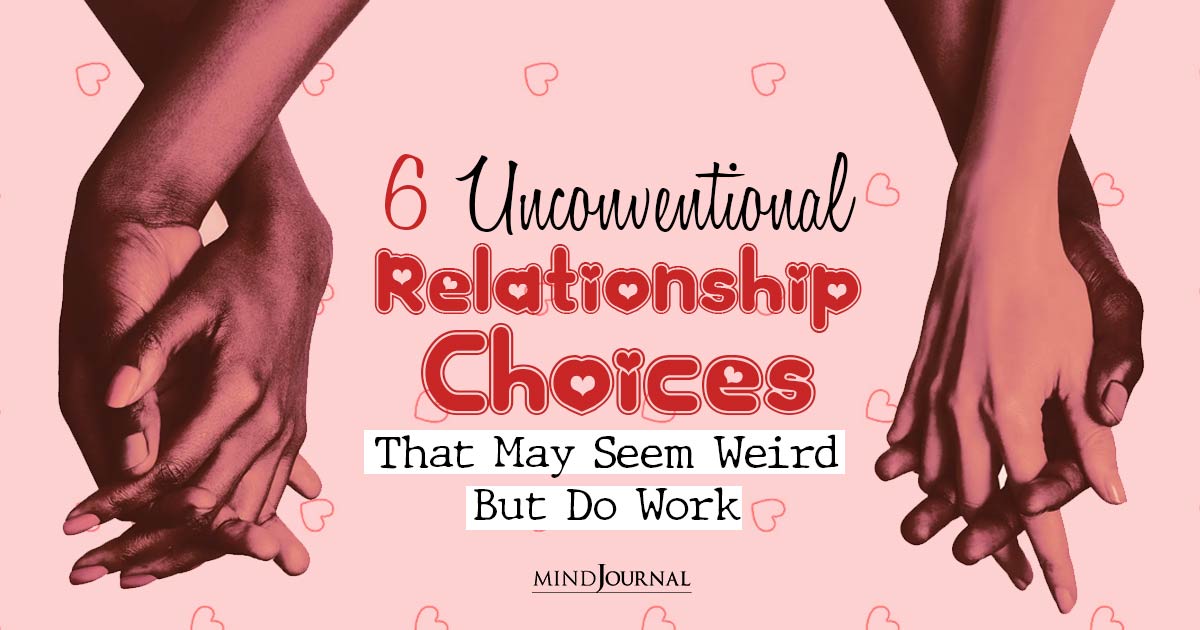
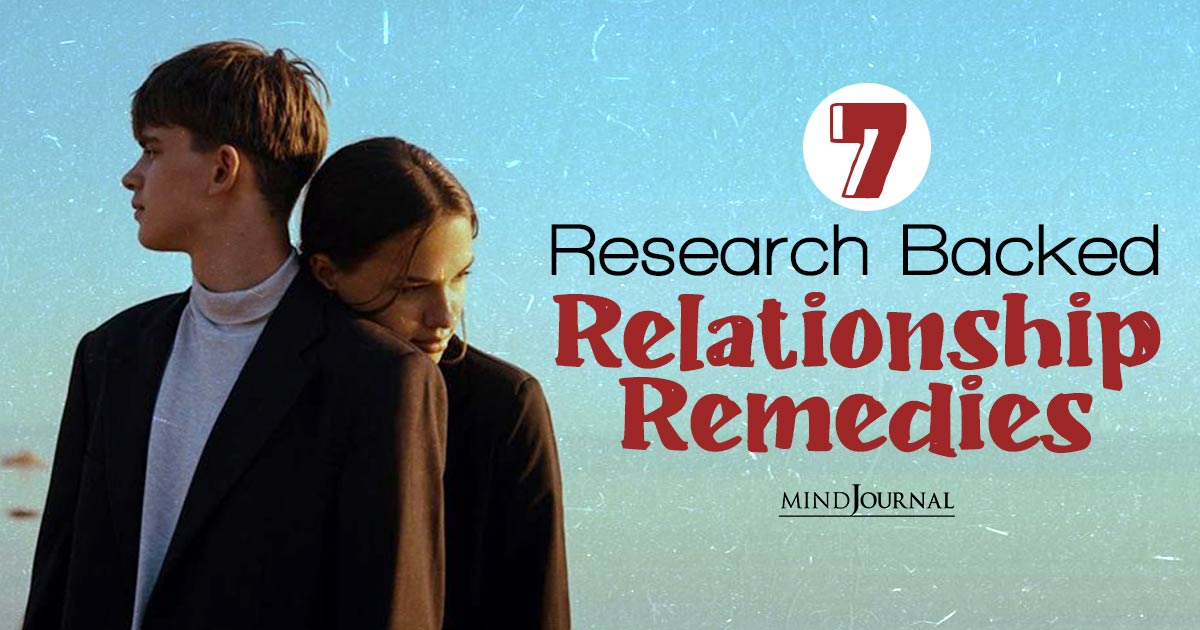
Leave a Reply
You must be logged in to post a comment.